
Metformin is a widely prescribed medication for the management of diabetes. It plays a crucial role in controlling blood glucose levels, reducing insulin resistance, and promoting weight management. Monitoring the signs that indicate Metformin is working is essential for individuals with diabetes to track their progress and ensure optimal treatment outcomes. Through the article, we will look into its effects, factors, timeframe, and also must know signs metformin is working in the body or not.
Table of Contents
What is Metformin?
Metformin is an oral medication that is included in the class of drugs noted as biguanides. It is commonly prescribed for individuals with type 2 diabetes, although it may also be brought into play in certain cases of gestational diabetes or prediabetes. The primary structure of action of Metformin is to subside the production and subsuming of glucose from the liver, thereby lowering blood glucose levels.
Signs Metformin is Working: Understanding the Effects of a Diabetes Medication
If you want to get the detailed picture on signs Metformin is working inside the body properly or not, then read the below section thoroughly.
1. Stabilization of Blood Glucose Levels
One of the primary indicators of Metformin’s effectiveness is the stabilization of blood glucose levels. Over time, individuals may experience consistent reductions in fasting blood glucose levels. Additionally, postprandial (after-meal) blood glucose levels may decrease, indicating improved glucose control.
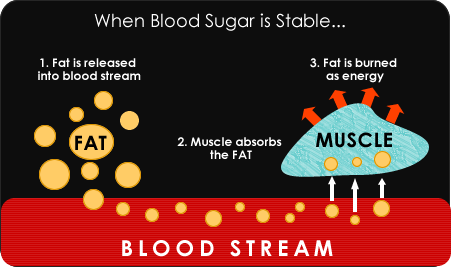
2. Improved A1C Levels
The A1C test is an essential tool for assessing long-term blood glucose control. A decrease in A1C levels indicates improved glycemic management. Regular monitoring of A1C levels can provide insights into how well Metformin is working to regulate blood sugar levels over time.
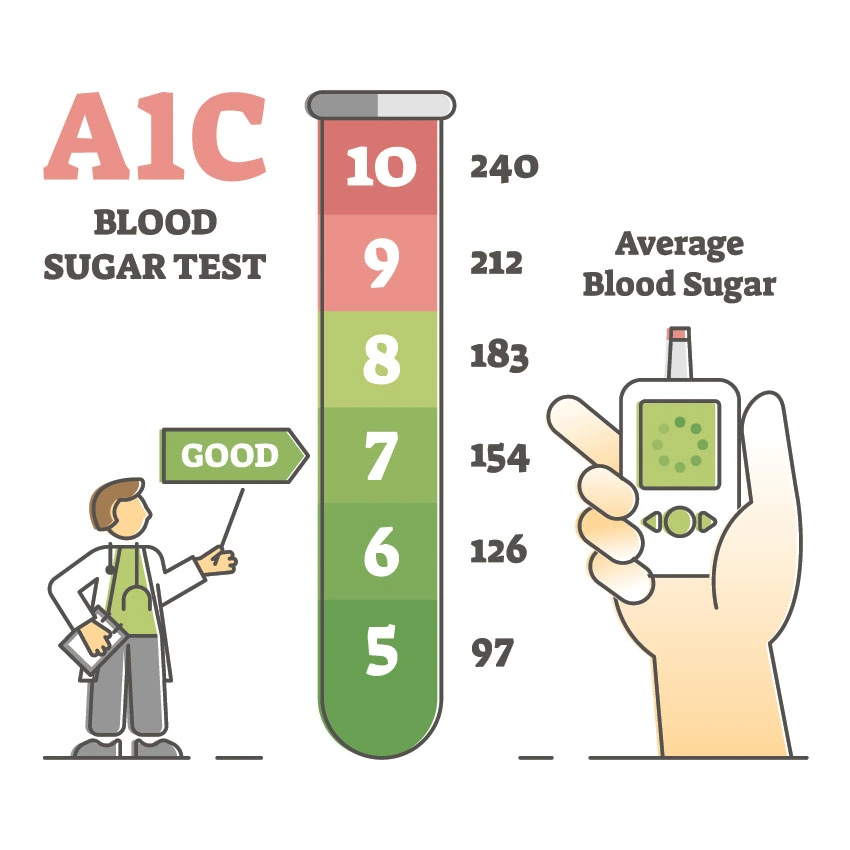
3. Weight Loss or Weight Management
If weight loss is a goal, Metformin can contribute to gradual weight loss. It helps by reducing appetite and promoting a feeling of fullness, which can lead to consuming fewer calories. Additionally, the medication aids in the breakdown of stored fat, helping individuals manage their weight effectively.
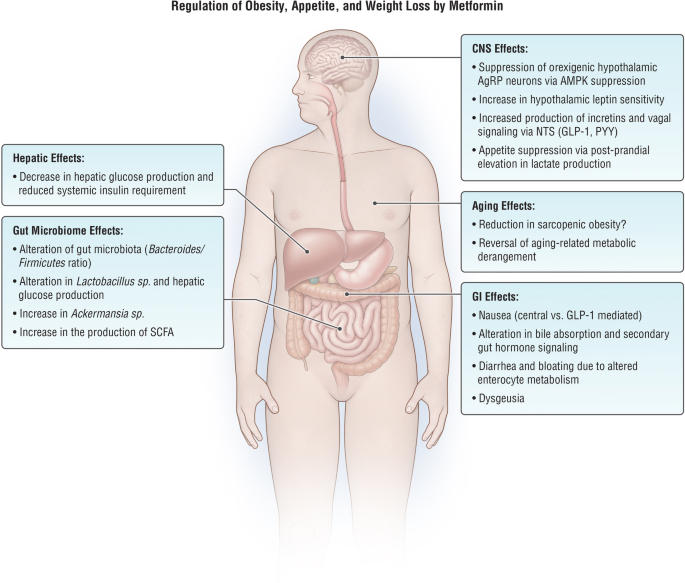
4. Improved Lipid Profile
Metformin’s positive impact on lipid metabolism can be reflected in laboratory tests. Lower triglyceride levels and increased HDL cholesterol levels are signs that the medication is working to improve the lipid profile. These changes contribute to a healthier cardiovascular system and reduced risk of heart disease.
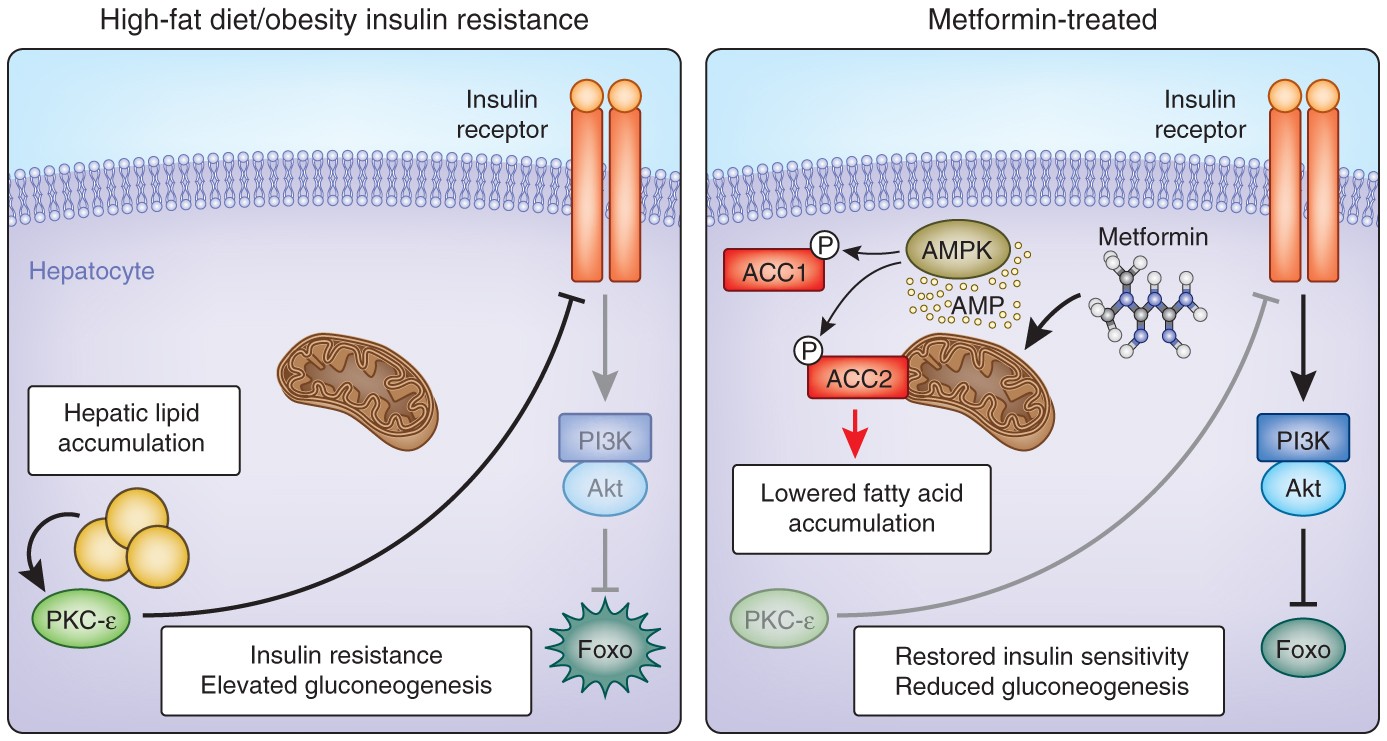
5. Increased Energy Levels
As blood glucose levels stabilize and insulin sensitivity improves, individuals may notice increased energy levels. Fatigue and lethargy, often associated with uncontrolled blood sugar levels, may decrease. This improvement in energy can lead to a more active and fulfilling lifestyle.
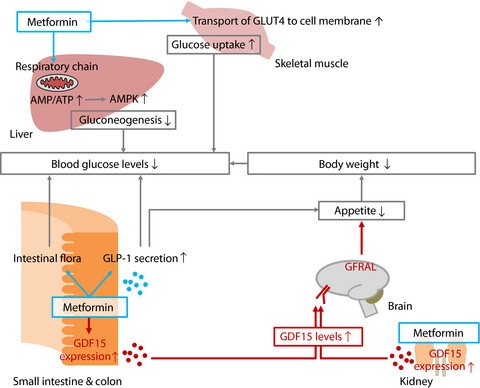
Timeframe for Seeing Results
The effects of Metformin can vary from person to person. Some individuals may experience immediate effects, such as short-term changes in blood glucose levels, weight, and energy levels. However, it is important to note that the full benefits of Metformin may take time to manifest. Long-term effects, such as achieving stable blood glucose control, sustained weight loss, and improved lipid profile, may require several weeks or months of consistent medication use.
Expected Effects of Metformin
1. Lowering Blood Glucose Levels
Metformin helps to reduce blood glucose levels by ameliorating insulin sensitivity and reducing insulin resistance. It enhances the consumption of glucose by muscle cells, thereby ameliorating glucose utilization and reducing the amount of glucose circulating in the bloodstream.
2. Weight Management
Many individuals with type 2 diabetes struggle with excess weight or obesity. Metformin can assist in weight management by reducing appetite, curbing food cravings, and promoting satiety. It can also help in reducing excess body weight by improving insulin sensitivity and facilitating the burning of stored fat.
3. Positive Impact on Lipid Profile
Metformin has been shown to have favorable effects on lipid metabolism. It helps in lowering triglyceride levels and increasing high-density lipoprotein (HDL) cholesterol levels. This contributes to an improved lipid profile and a reduced risk of cardiovascular complications associated with diabetes.
Factors Affecting the Effectiveness of Metformin
The effectiveness of Metformin can be influenced by various factors, including:
1. Adherence to Prescribed Dosage
It is crucial to take Metformin as prescribed by your healthcare provider. Consistency in medication adherence ensures that the drug can exert its effects consistently and effectively. Missing doses or altering the prescribed dosage without medical guidance may diminish the medication’s effectiveness.
2. Lifestyle Modifications
Metformin is most effective when combined with healthy lifestyle habits. This includes following a balanced diet, monitoring carbohydrate intake, and engaging in regular physical exercise. These lifestyle modifications complement the medication’s action by promoting better blood glucose control, weight management, and overall well-being.
3. Coexisting Health Conditions
Certain medical conditions and medications can impact Metformin’s efficacy. It is essential to inform your healthcare provider about any other health conditions you may have or medications you are taking. They can assess potential interactions or make adjustments to ensure optimal treatment outcomes.
When to Consult a Healthcare Professional
While Metformin is predominantly well-tolerated, there may be instances where further medical attention is required. It is advisable to consult your healthcare professional if:
Lack of Desired Results
If you have been taking Metformin as prescribed, but there is little to no improvement in your blood glucose control, weight management, or lipid profile, it is indispensable to chew over this with your healthcare provider. They can assess the situation and make any necessary adjustments to your treatment plan.
Persistence of Symptoms or Complications
If you continue to encounter symptoms linked with uncontrolled diabetes, such as excessive thirst, frequent urination, unexplained weight loss, or recurrent infections, it is paramount to consult your healthcare provider. Likewise, if you burgeon any unwanted complications or experience adverse effects, medical attention should be sought promptly.
Side Effects or Adverse Reactions
While Metformin is predominantly abided, it can bring about certain aftermaths in some individuals. Common aftereffects involve gastrointestinal symptoms, for instance, nausea, diarrhea, or stomach discomfort. If these aftereffects are becoming dreadful, persistent, or affecting your quality of life, it is compulsory to chew over with your healthcare provider.
Conclusion
Metformin is a valuable medication in the management of diabetes, providing numerous benefits such as improved blood glucose control, weight management, and lipid profile. Indicating signs Metformin is working in the body and allows individuals to track their progress and also make informed decisions about their treatment plan.
However, it is essential to remember that the effectiveness of Metformin can vary from person to person, and results may take time to manifest. Adherence to prescribed dosages, adopting healthy lifestyle habits, and open communication with healthcare professionals are key factors in maximizing the benefits of Metformin. By working closely with healthcare providers and monitoring the signs of effectiveness, individuals can enhance their diabetes management and improve their overall well-being.
Rohan Anjan is a passionate writer who likes to write different kinds of content. Through that, he likes to explore the world of creative writing. Working as a content writer, he has covered different niches to enhance his abilities and skills. Besides, he spends time reading manga, watching anime, playing video games, and playing cricket and football. During his free time, he prefers to watch movies and web series if it matches his taste.







